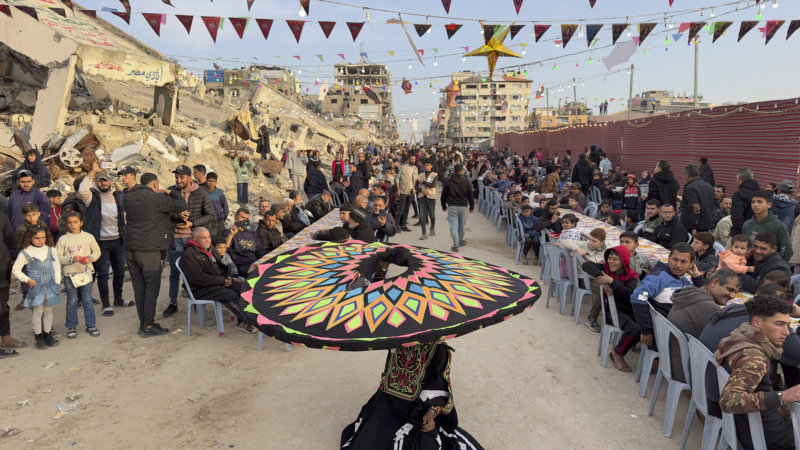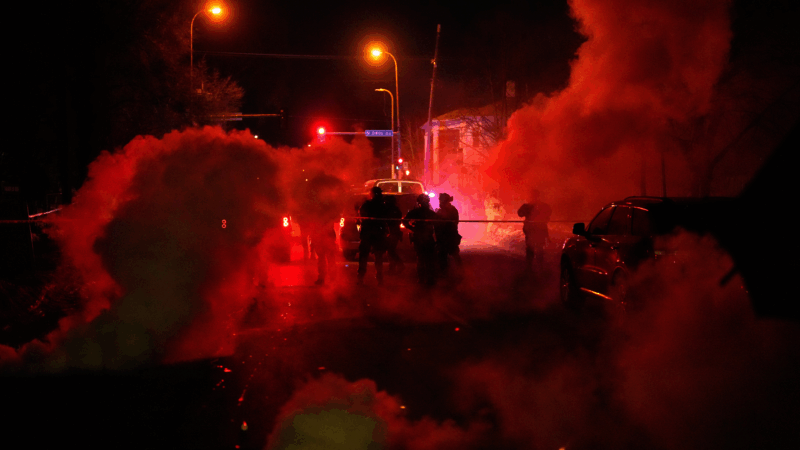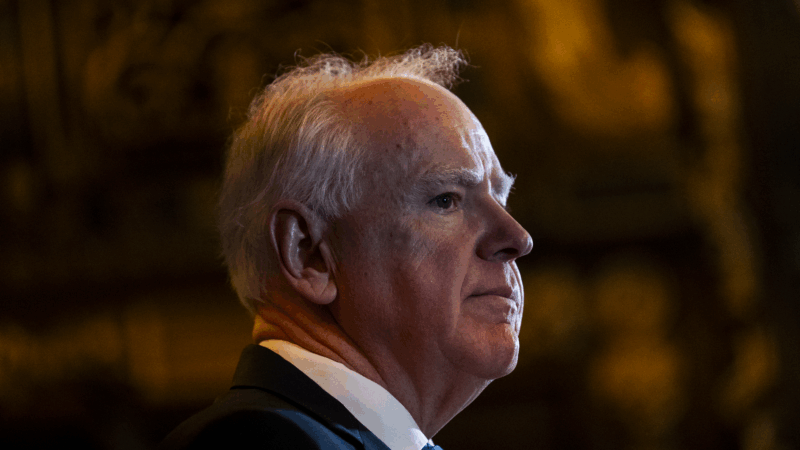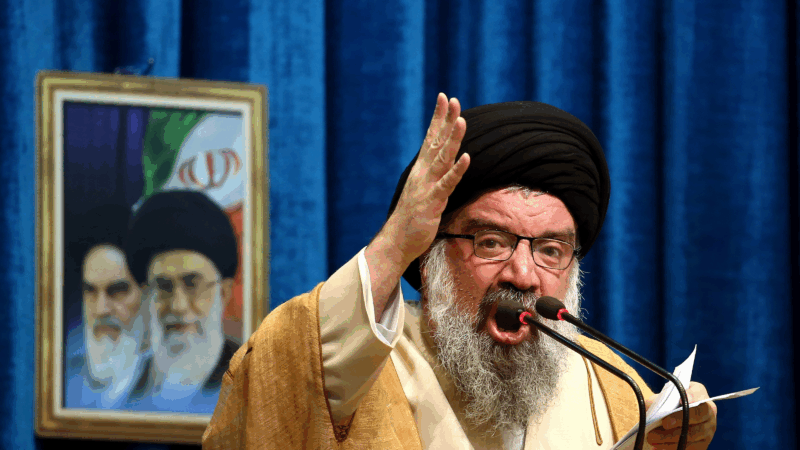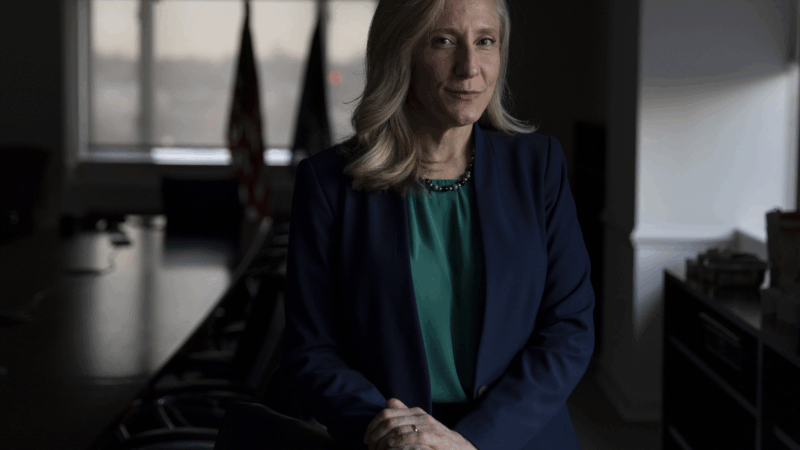What Ramadan has been like this year in Gaza, from ceasefire to war
GAZA CITY, Gaza Strip — It is 2 a.m. and three young men walk through the rubble of a neighborhood destroyed by Israeli airstrikes, beating a drum and singing Muslim chants.
They’re loud, and that’s the point. They are waking people up, reminding them to eat before another day of fasting begins at dawn, during the holy month of Ramadan.
This year, those observing Ramadan in Gaza are also following the sounds of Israeli airstrikes, warplanes and drones.
In the second week of Ramadan, in early March, Israel broke a brief ceasefire and resumed war in Gaza. The Israeli government said it was to pressure Hamas to release Israeli hostages.
Recent Israeli airstrikes have killed nearly 1,000 people, including hundreds of children, according to Gaza health officials. Palestinians have evacuated their neighborhoods by order of the Israeli military.
Hope that the war might end has been shattered, as Ramadan comes to a close this weekend.
“This is psychological warfare,” says Issam Zakkout, who does not know whether to flee his home or stay.


Food supplies are scarce because of an Israeli blockade
This Ramadan, people in Gaza are struggling to find food.
Israel allowed humanitarian aid to flow into Gaza during the brief ceasefire in January and February. But for the past month, it has imposed a blockade on Gaza, barring the entry of all aid, even food.
Israel says it’s to pressure Hamas. Rights groups say it’s collective punishment to civilians.
Aid groups are now rationing supplies. The United Nations is pulling some of its staff out of Gaza.
At one community kitchen, hungry and tired people wait in a long line for a meal of beans to break their Ramadan fast.
Before the war, Fouad Nassar would break his fast with chicken, fish and kebabs.
“Every day we had proper meals. We didn’t need anyone’s help. Now, why am I standing two hours in line for a plate from the charity kitchen?” Nassar said.


Making pizza inside a gutted microwave
Atop piles of concrete debris of her destroyed apartment building, Rana al-Abadi cooks for iftar, the meal that breaks the fast during Ramadan.
Before the war, Palestinian dishes of spiced chicken, rice and vegetables were served every night of Ramadan. Now she makes pizza with canned mushrooms, canned corn, canned sauce and canned cheese.
She removed a microwave’s insides, and turned it into an oven, lighting a fire using foam from bed mattresses her husband collected from under rubble around their neighborhood.
Burnt foam sticks to the dough of the pizza her children will eat. She has no other choice.
“Before, Ramadan was full of variety, colors and flavors. Now, we barely have anything,” she says.


One week of celebration was dashed by the return to war
At the beginning of the holy month, some families gathered outdoors for free Ramadan meals, organized by an Egyptian charity.
Now, daily Israeli airstrikes make it too dangerous to gather that way. In war, there is nothing to celebrate.
But for just one week this Ramadan, families were able to gather, after months of displacement, at long tables, among mounds of smashed concrete and strings of battery-powered lights.
Families that had lost so much in the war could enjoy relaxed quality time together, like a family reunion, eating a Ramadan meal without war.

Judge rules immigration officers in Minneapolis can’t detain peaceful protesters
Officers in the Minneapolis-area participating in a U.S. immigration enforcement operation can't detain or tear gas peaceful protesters who aren't obstructing authorities, a judge ruled Friday.
Justice Department opens investigation into Minnesota governor and Minneapolis mayor
Federal prosecutors are investigating Gov. Tim Walz and Mayor Jacob Frey.
No sign of new protests in Iran as a hard-line cleric calls for executions
A Iran returns to an uneasy calm after protests led to a violent crackdown, a senior cleric is calling for the death penalty for detained demonstrators. His sermon Friday also threatened U.S. President Trump.
Gulf South food banks look back on a challenging year as another shutdown looms
Federal funding cuts and a 43-day government shutdown made 2025 a chaotic year for Gulf South food banks. For many, the challenges provide a road map for 2026.
Measles is spreading fast in S.C. Here’s what it says about vaccine exemptions
More than 550 people have contracted measles in Spartanburg County, S.C., in a fast-growing outbreak. Like a majority of U.S. counties, nonmedical exemptions to school vaccination are also rising.
It took 75 governors to elect a woman. Spanberger will soon be at Virginia’s helm
Abigail Spanberger, a former CIA officer and three-term congresswoman, is breaking long-held traditions on inauguration day. She says she wants her swearing-in to showcase the state's modern vibrancy.

